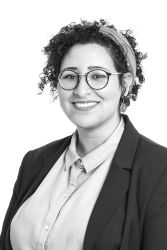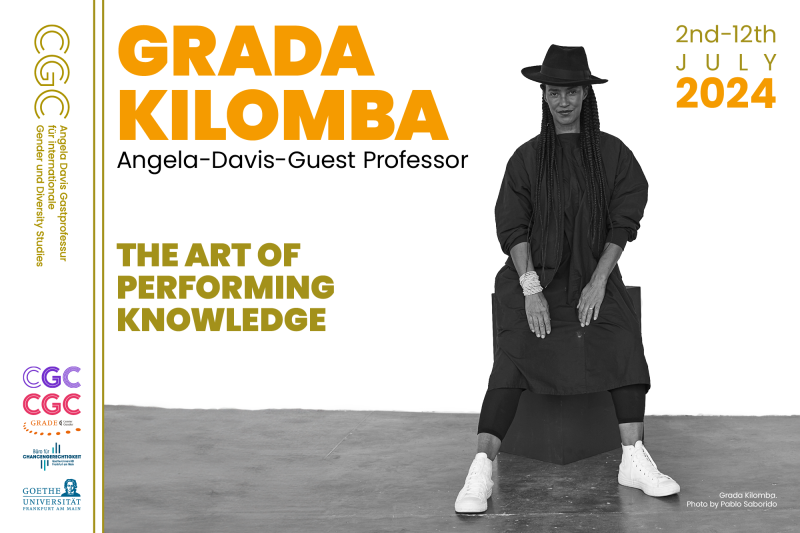
The interconnectedness of different crises creates new dynamics of power and violence, coupled with a growing sense of hopelessness. At the same time, aid is still an essential part of the way the world is thought about and shaped. But aid is also embedded in its kolonial legacy, in rassist structures and in a market orientation and neo-liberal agenda that (re)produces inequalities and marginalisation.
These critical perspectives on development and aid from a post-colonial and post-development perspective have long been formulated by feminist, anti-capitalist and anti-rassist voices. They show how the aid system itself reinforces forms of economic and financial dependence through institutions, conditionality or tied aid. On the non-material level, the "global South" is constructed as a place of crisis and need, whose people are defined through the crisis - and not as subjects of their own selves and contexts. These constructions of the world as place are currently being challenged by the emerging multipolarity.
What would a world look like in which everyone can enjoy a dignified life, and what kind of help is needed to get there and within it?

Radwa Khaled-Ibrahim grew up in Kairo and was part of the 2011 revolution as an activist. Since 2013 she lives and works in Egypt and Germany. She is a consultant for critical (emergency) aid at Médecins Sans Frontières. The feminist political scientist works on various topics, including the (in)possibility of a feminist foreign policy.

